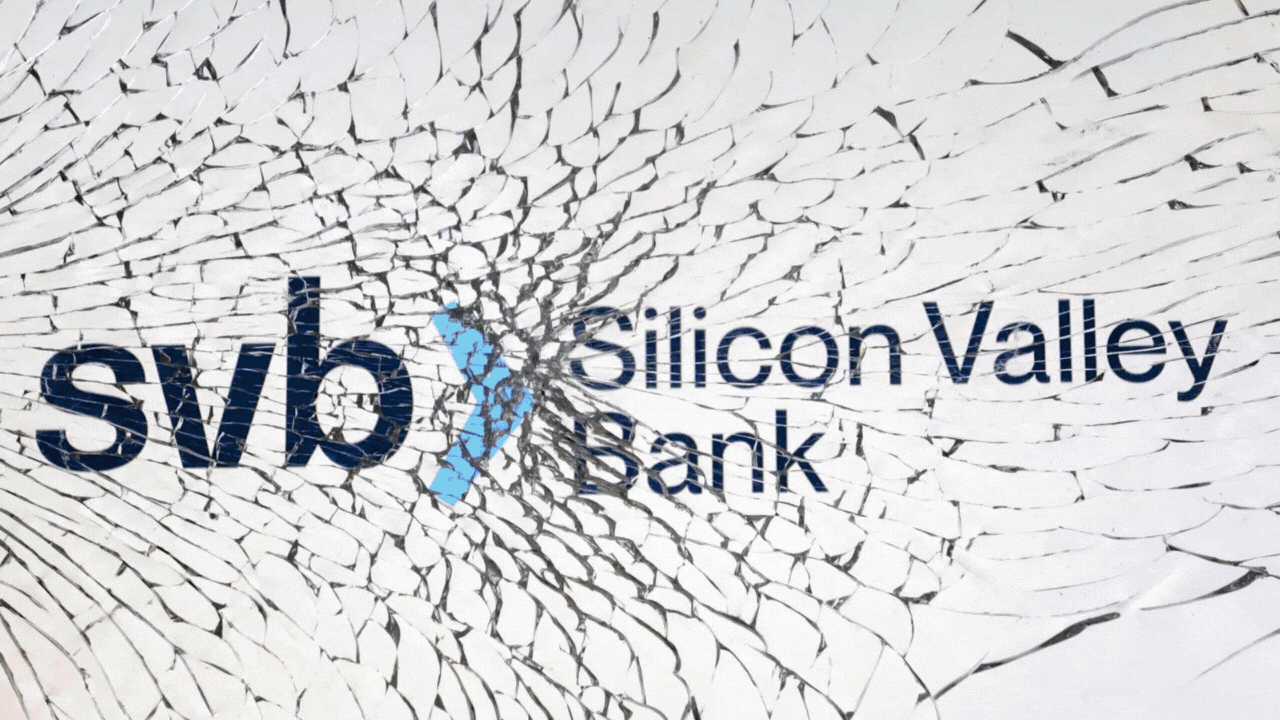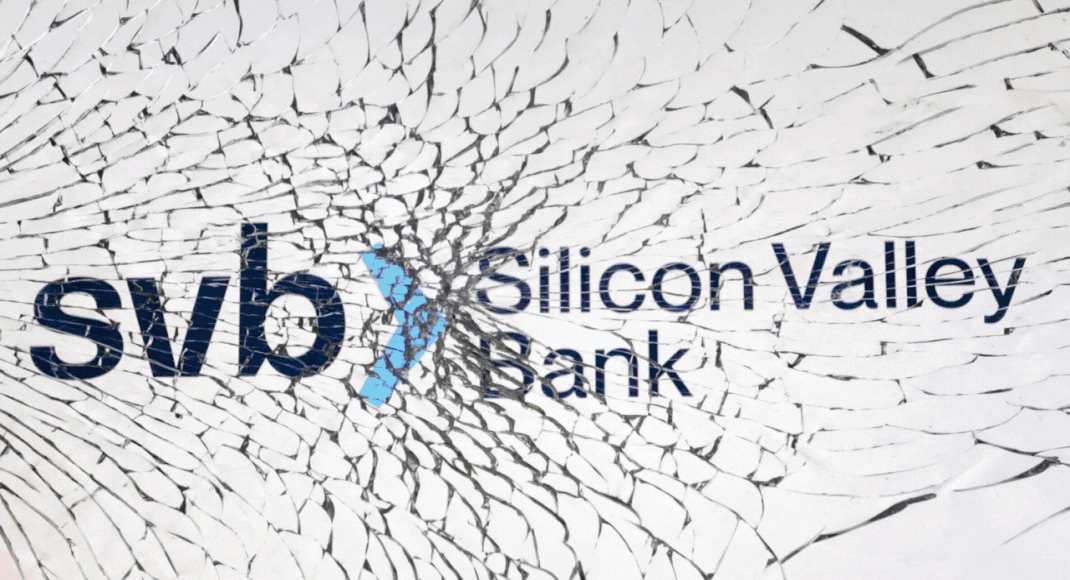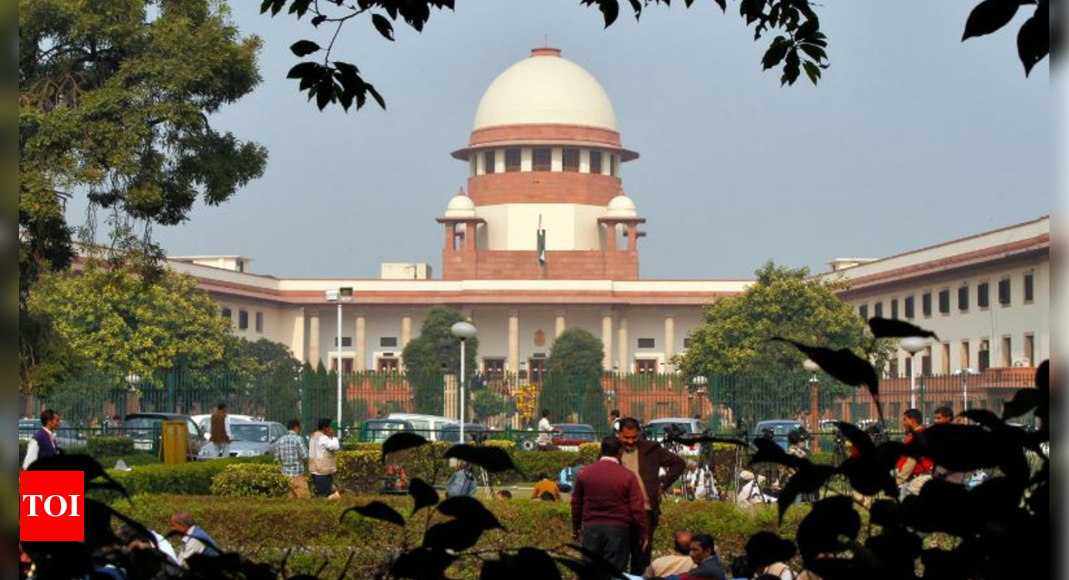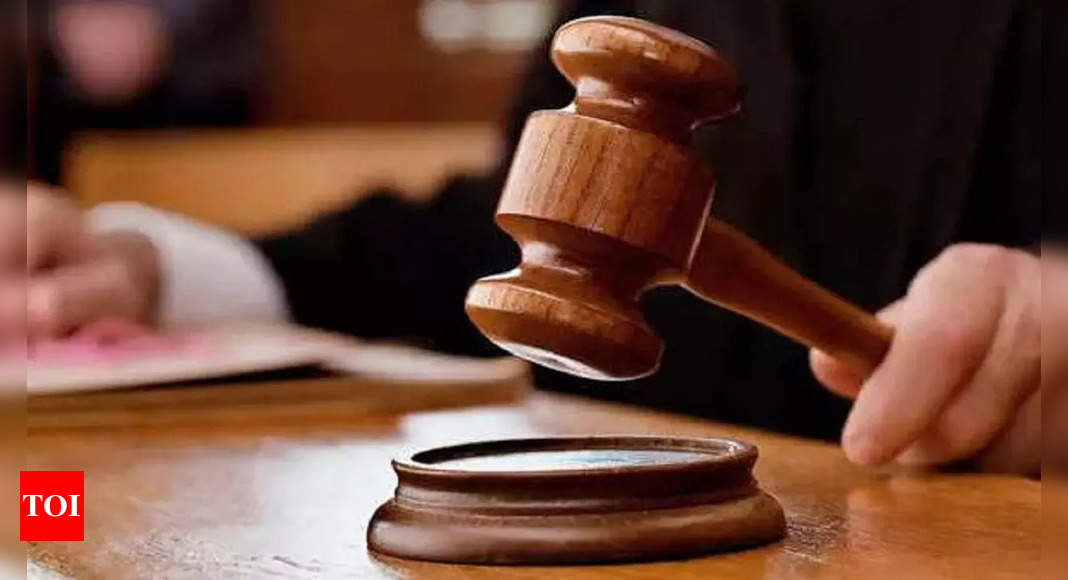[ad_1]

NEW DELHI: Union minister of state for IT Rajeev Chandrasekhar said on Sunday he will meet Indian startups this week to
asses the impact on them following the collapse of US-based Silicon Valley Bank.
The meeting comes amid rising concern over the rippling effect of the bank’s collapse on startups across the world,
including India.
“Start-ups are an important part of the new India economy. I will meet with Indian Startups this week to understand impact on them and how the government can help during the crisis,” Rajeev Chandrasekhar, the state minister for IT said on Twitter.
On Friday, US regulators pulled the plug on SVB – a key lender to US startups since the 1980s – after a run on deposits made it no longer tenable for the medium-sized bank to stay afloat on its own.
SVB has exposure to over 20 startups in India and began investing here in 2003.
According to startup research advisory Tracxn, SVB has invested in several Indian firms, including Paytm, Carwale, Bluestone, Shaadi and Sarva. In October last year, SVB had invested $150 million in contract intelligence company Icertis.
Following the collapse, startup founders and investors in Mumbai exchanged rumors about which fledgling company might be the first to fall, Bloomberg reported.
1/12
Silicon Valley Bank collapse and impact on Indian startups
Show Captions
Startup-focused lender SVB financial group, the 16th-largest bank in US, has become the largest lender to fail since the 2008 financial crisis.
The sudden collapse on Friday sent shockwaves through the startup community, which has come to view the lender as a source of reliable capital and deposit partner. It also impacted global markets, leaving billions of dollars belonging to companies and investors stranded.
SVB’s downfall can be attributed to a bank run, which is when a large number of depositors withdraw their funds from a bank all at once, typically due to fears of the bank’s insolvency.
In SVB’s case, the bank was hit hard by the downturn in technology stocks over the past year as well as the Federal Reserve’s aggressive plan to increase interest rates to combat inflation.
As higher interest rates caused the market for initial public offerings to shut down for many startups and made private fundraising more costly, some Silicon Valley Bank clients started pulling money out to meet their liquidity needs.
As SVB tried to raise capital to offset fleeing deposits, the bank lost $1.8 billion on Treasury bonds whose values were torpedoed by the Fed rate hikes.
SVB’s customers were largely startups and other tech-centric companies that started becoming more needy for cash over the past year.
Greg Becker, the chief executive officer who presided over the collapsed Silicon Valley Bank, had personally called clients to assure them their money with the bank was safe just 24 hours ago.
Becker sent a video message to employees acknowledging the “incredibly difficult” 48 hours. “It’s with an incredibly heavy heart that I’m here to deliver this message, I can’t imagine what was going through your head and wondering, you know, about your job, your future.”
The failure of SVB is likely to have a ripple effect on Indian startups, many of which have significant amounts of funds deposited with the bank. It will also dent the fundraising ability of Indian startups as the US-based bank was a key source of funding for tech startups.
Several Indian startups such as Bluestone, PayTM, One97 Communications & Bharat Financial Inclusion, who have exposure to SVB’s investments may now be worried that their raised funds will be stuck.
India has one of the world’s biggest startup markets, with many clocking multi-billion-dollar valuations in recent years and getting the backing of foreign investors who have made bold bets on digital and other tech businesses.
SVB’s failure, the biggest in the US since the 2008 financial crisis, has roiled global markets, hit banking stocks and is now unsettling Indian entrepreneurs.
Two partners at an Indian venture capital fund and one lender to Indian start-ups told Reuters that they are running checks with portfolio companies on any SVB exposure and if so, whether it is a significant part of their total bank balance.
An Indian founder told Bloomberg News he failed to retrieve company funds and is now left only with working capital. Another was scurrying to stop and reroute customer payments into his company’s SVB account, while also setting up new arrangements for salary payments. Three founders and a startup investor said they hadn’t slept in 48 hours.
(With inputs from agencies)
[ad_2]
Source link





